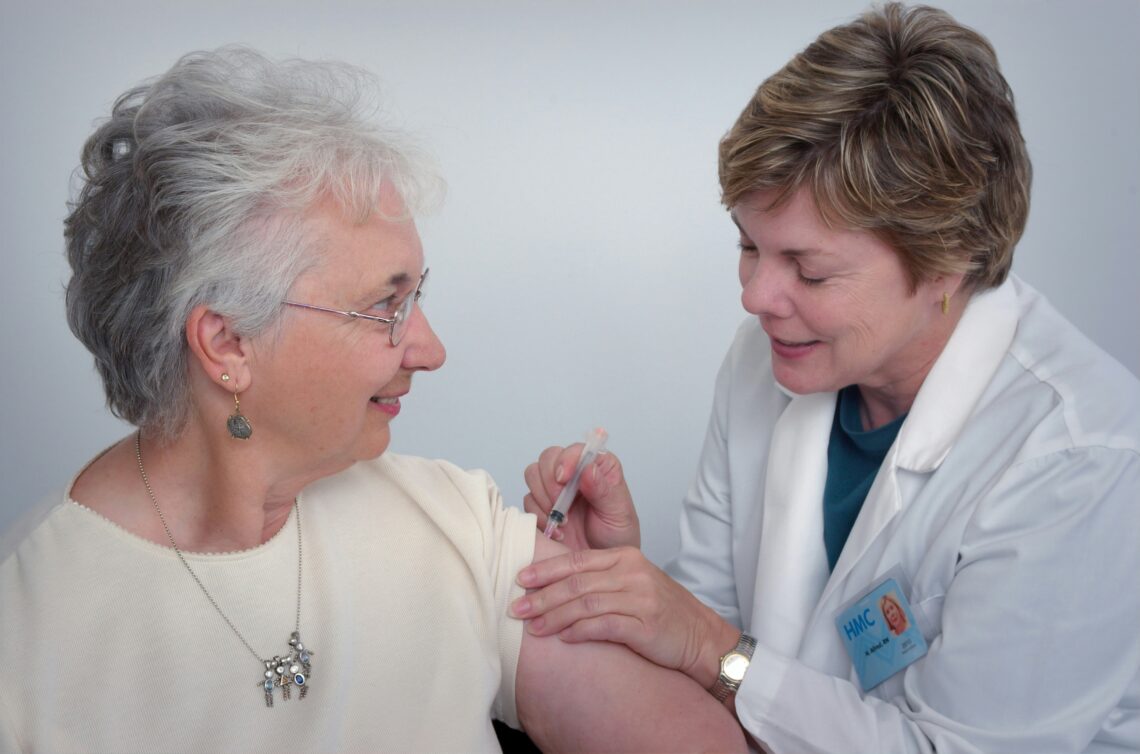Moving from being in hospital to receiving care at home is a big change for seniors and their families. It requires detailed planning and arranging so that the person can keep getting needed help and assistance while they rest in their home’s familiar environment. The way this transition is managed greatly affects the senior’s healing process, general health, and happiness. This article will give suggestions about how to make the change smooth, so that seniors can get great care when they leave the hospital.
Planning Ahead
A good move from hospital to home care needs solid preparation done much before the discharge day. Talking about what happens when you leave the hospital with the people who work there, like doctors, nurses and social workers is important for discussing discharge plans. They can give useful details on senior’s health requirements, changes needed at home and any medical gears that might be necessary. Knowing these needs ahead helps families to ready the house environment and organize for extra assistance, like home care services, making a smooth shift.
Communicating with Healthcare Providers
In the changing time, it is very important to communicate openly and clearly with your health care providers. You should get a complete summary of discharge from the hospital. It must have details about diagnosis, given treatment, medicines and directions for aftercare for the senior. Share this paper with their main doctor and other related health care givers. Frequent contact assists in making certain that all parties participating in the senior’s care are aligned, diminishing the possibility of confusion and mistakes.
Arranging for Home Modifications
For seniors moving from hospital to home care, it’s very important to have a safe and comfortable living environment. Look at the house for dangers that could lead them falling or getting into other accidents and do needed changes. This often means putting up bars to grab in the bathroom, making sure there is enough light, taking away things that can cause people to trip like carpets not secured tightly on floor and arranging a sleeping area on ground level if climbing stairs becomes problematic. These modifications could have a big impact on how much the senior can move about at home, without needing help or guidance.
Managing Medications
Next, medication management is a very important part of care after leaving the hospital. Make sure to fill the senior’s prescriptions before they go home and create a clear plan for taking medications. It might be useful to use pill organizers and reminders so no dose gets forgotten. If the senior is taking more than one medicine, it could be beneficial to have a discussion with a pharmacist or healthcare professional. They can go through the medications and check for any possible interactions or adverse reactions. This step is crucial to handle medication correctly so as not to cause problems and encourage healing.
Coordinating Home Care Services
The extra assistance from home care services can be very helpful to seniors when they move out of the hospital. These services may include help with daily activities like bathing, dressing and making food. They can also provide medical care such as wound dressing and physical therapy. Hiring professional caregivers might give family members mental relief since they know that their dear one is getting required care and focus. When picking home care services, choose from recognized providers who have good experience in post-hospital care.
Supporting Emotional Well-Being
The feelings of seniors are very important just like their physical health. The change from hospital to home can be emotionally hard, causing anxiety, sadness or loneliness. You should support them in having regular social contact with family members, friends and community help available to reduce these sensations. Also, you could plan for counseling or therapy if the senior finds it hard to cope emotionally. Giving a caring and sympathetic setting can greatly improve the senior’s happiness and life quality.
Monitoring Progress
After the senior has moved to in-home care, it’s very important to keep an ongoing watch on their progress. Frequently talk with health care providers to confirm the plan is being carried out and change anything that might be needed. Observe any alterations in condition and promptly request medical advice if fresh signs or worries appear. Continual checking and taking action beforehand can aid in dealing with problems at an early stage and assist the recovery process.
To shift from hospital care to care at a senior’s own home, it is important for families to plan well, talk clearly and support the change. By getting ready before the move happens, setting up any needed changes in the house, managing medicine correctly, arranging services for taking care at home and looking after the emotional health of your senior family member; you can help make this change go smoothly and successfully. Also keeping an eye on things all the time plus making changes as needed in your loved one’s plan of care might increase their chances for recovery while also improving how well they live – giving them a good life within their own place.
Read more lifestyle and self care articles at ClichéMag.com
Images provided by Deposit Photos, BingAI, Adobe Stock, Unsplash, Pexels, Pixabay & Creative Commons





